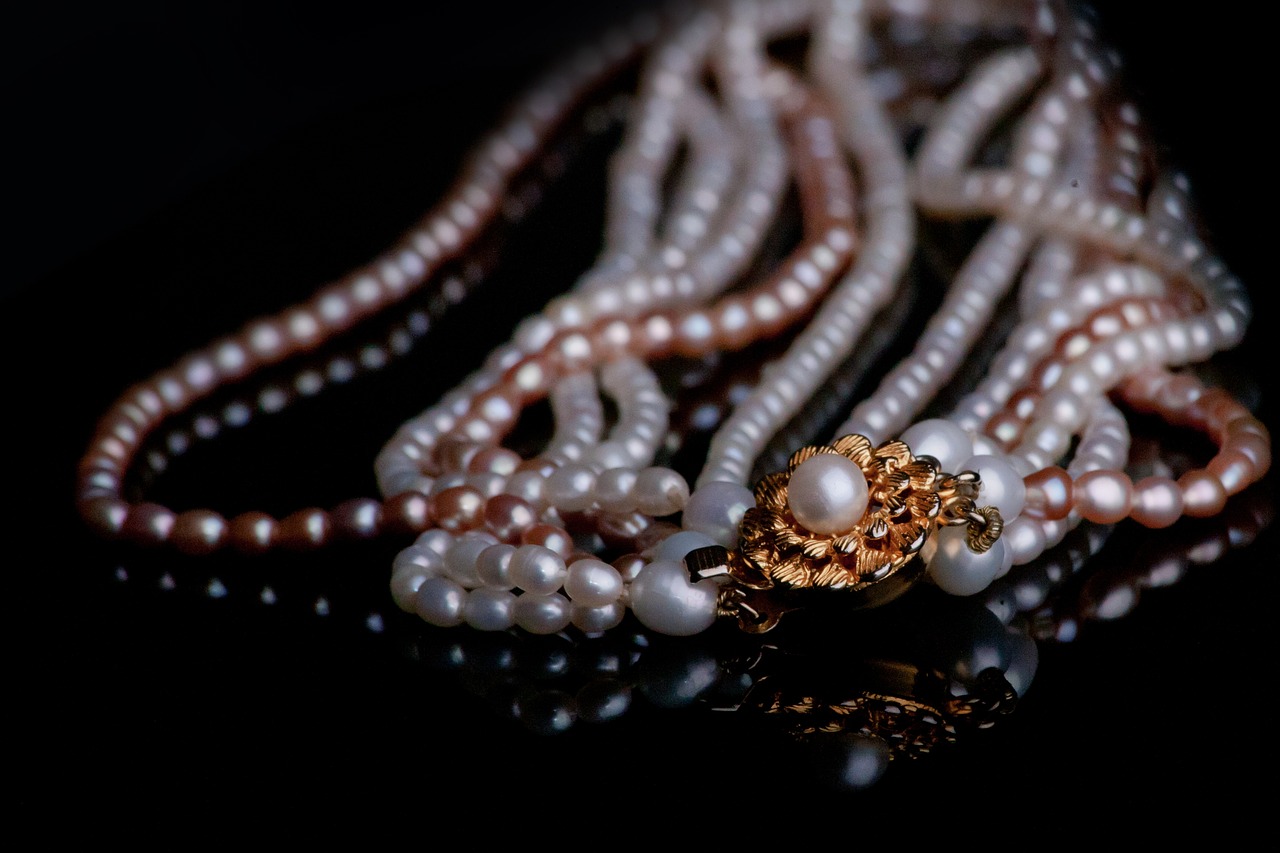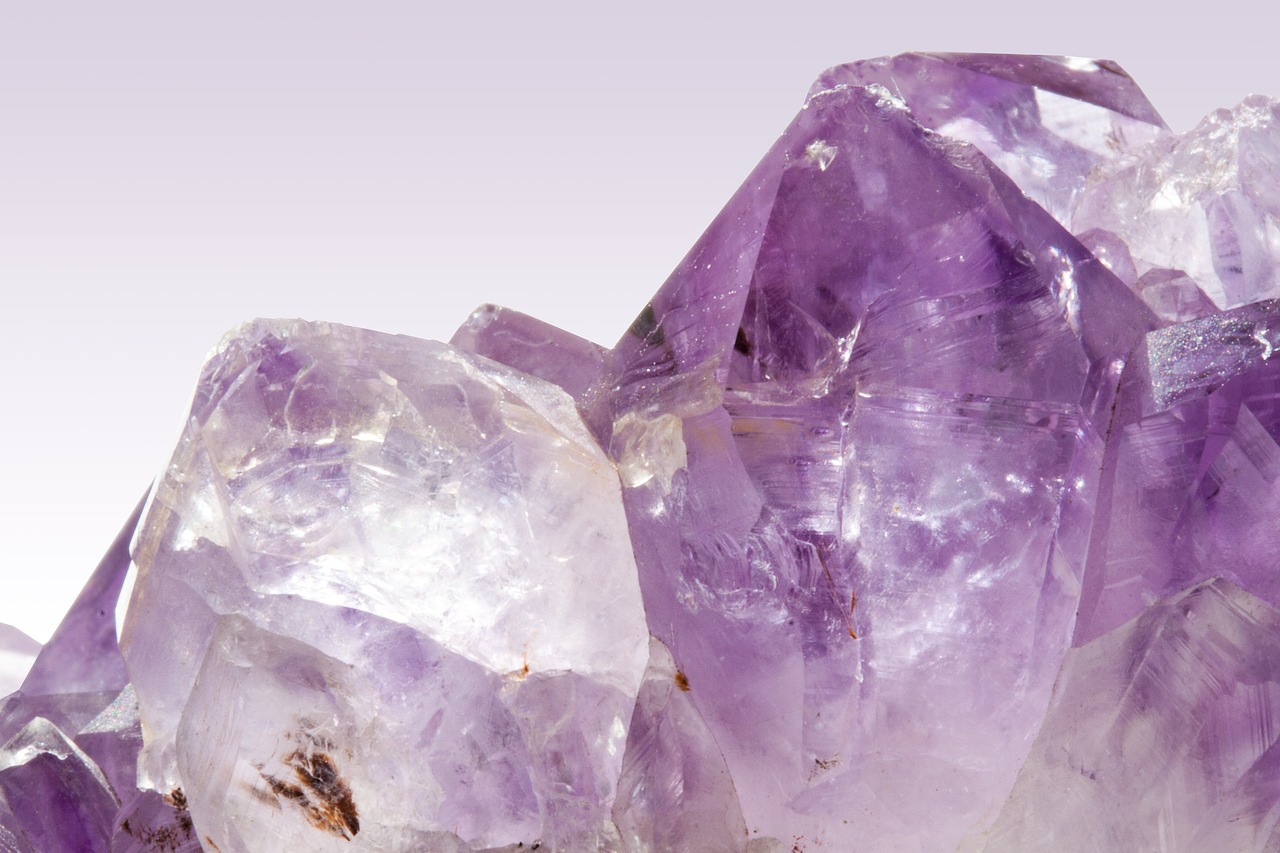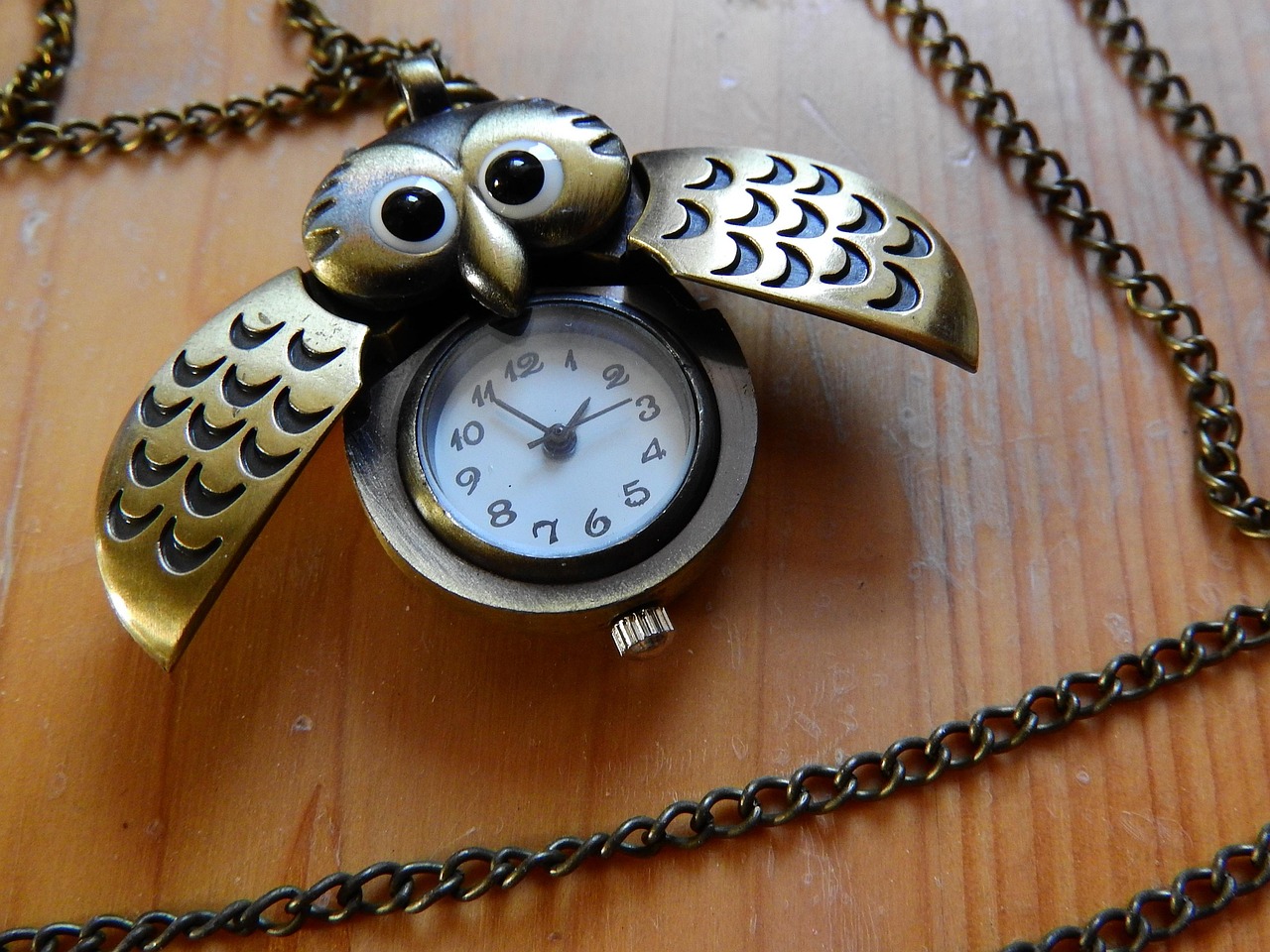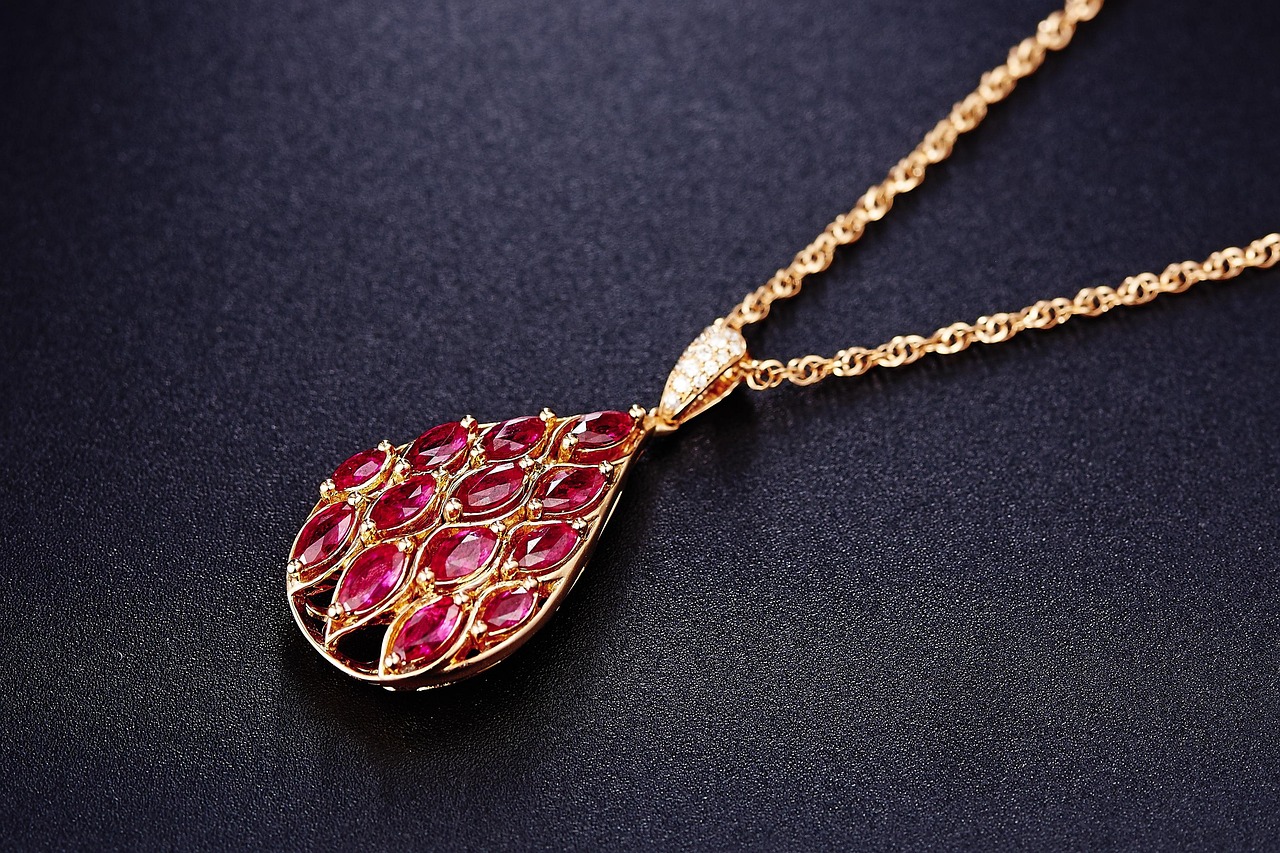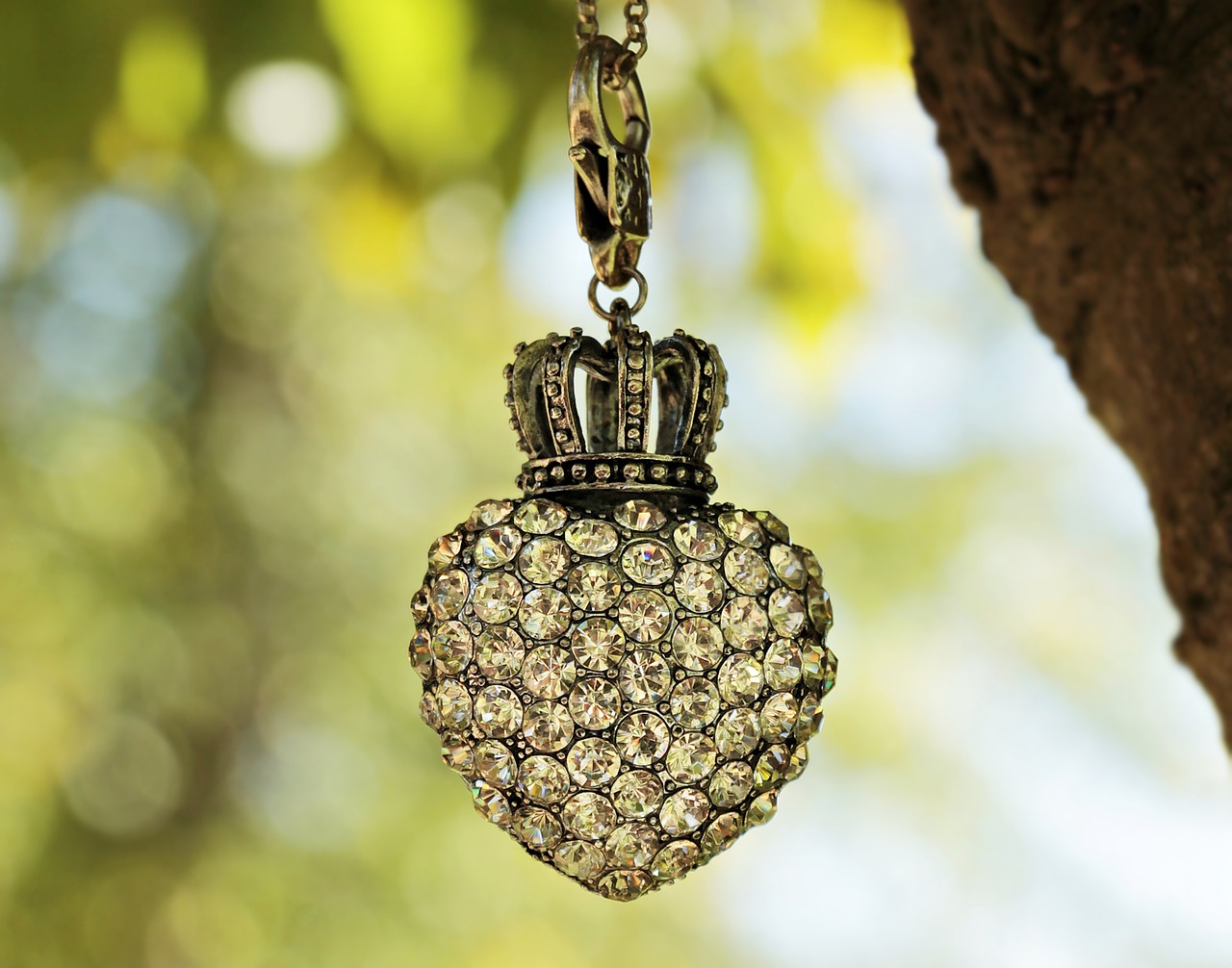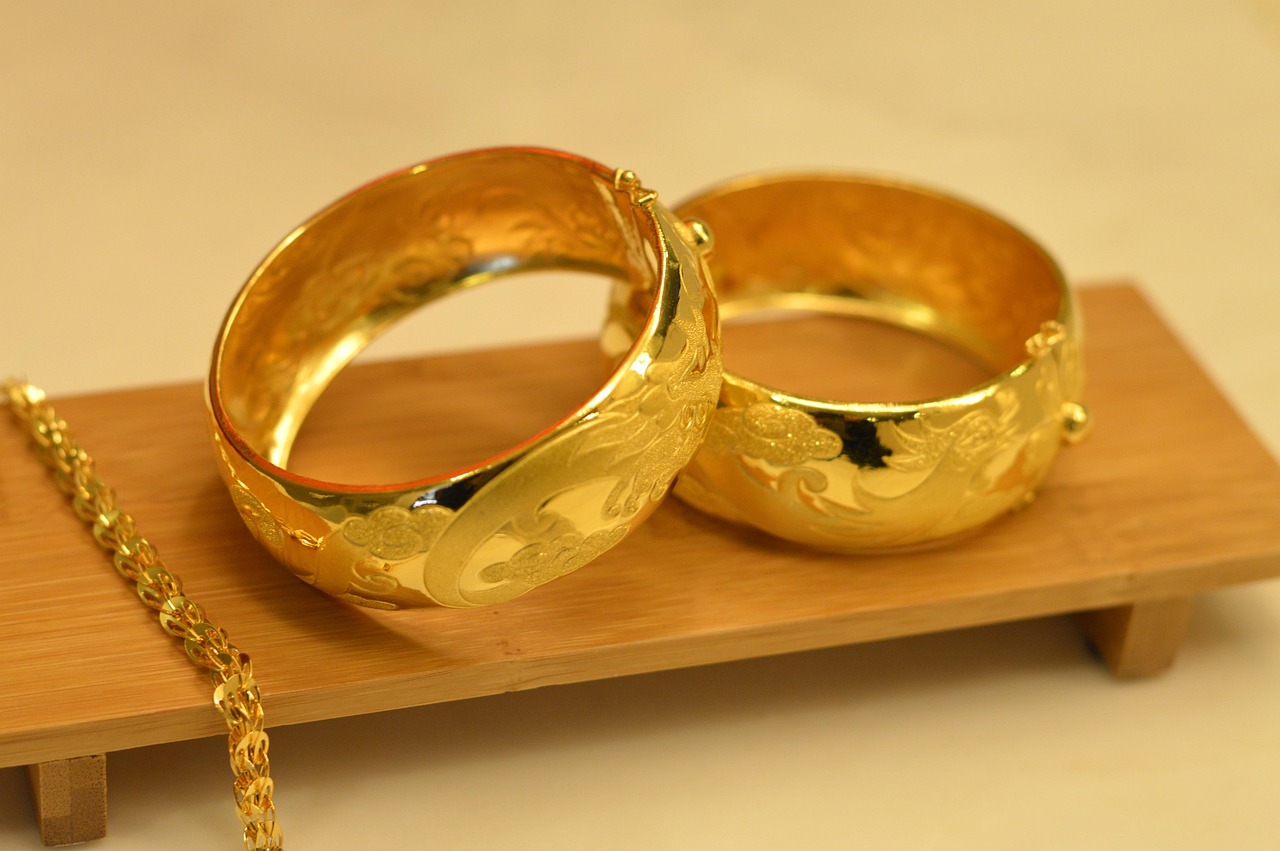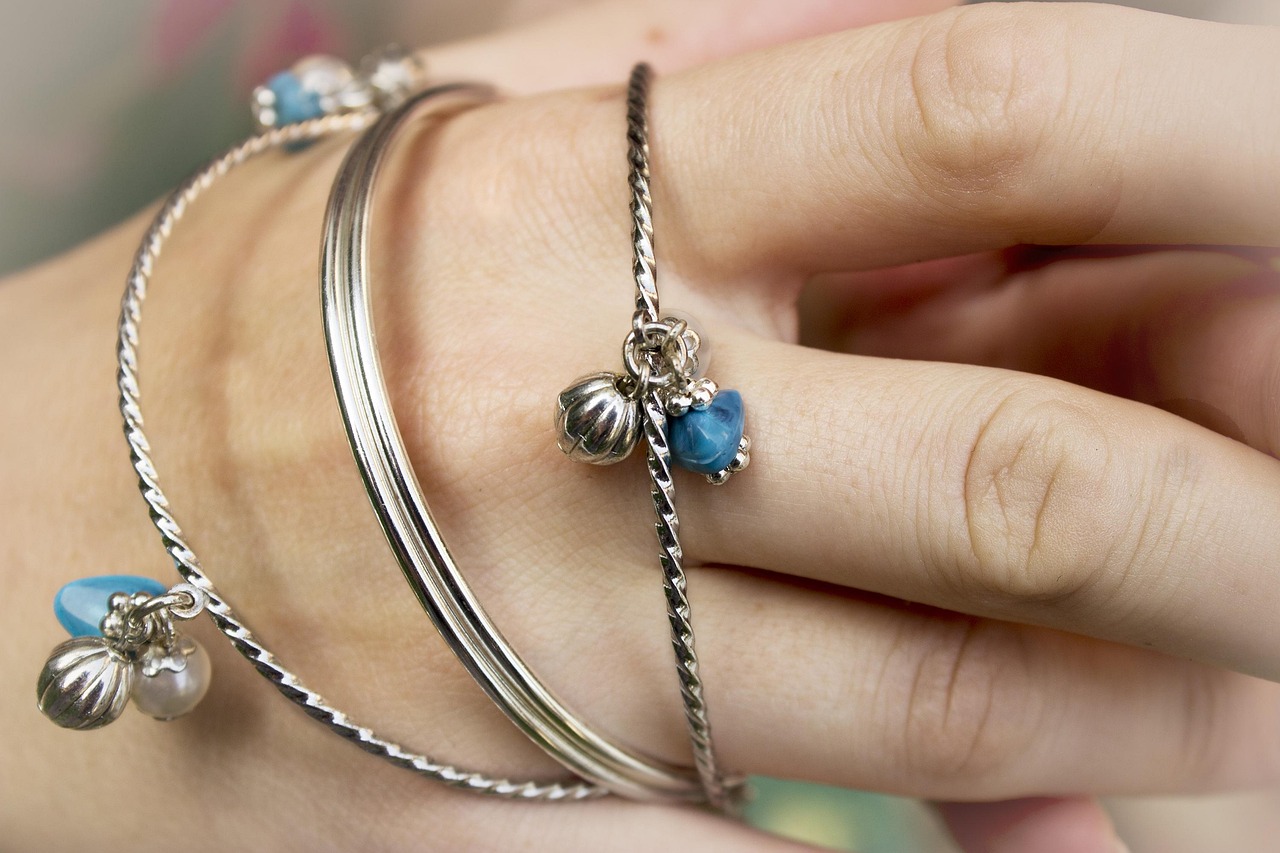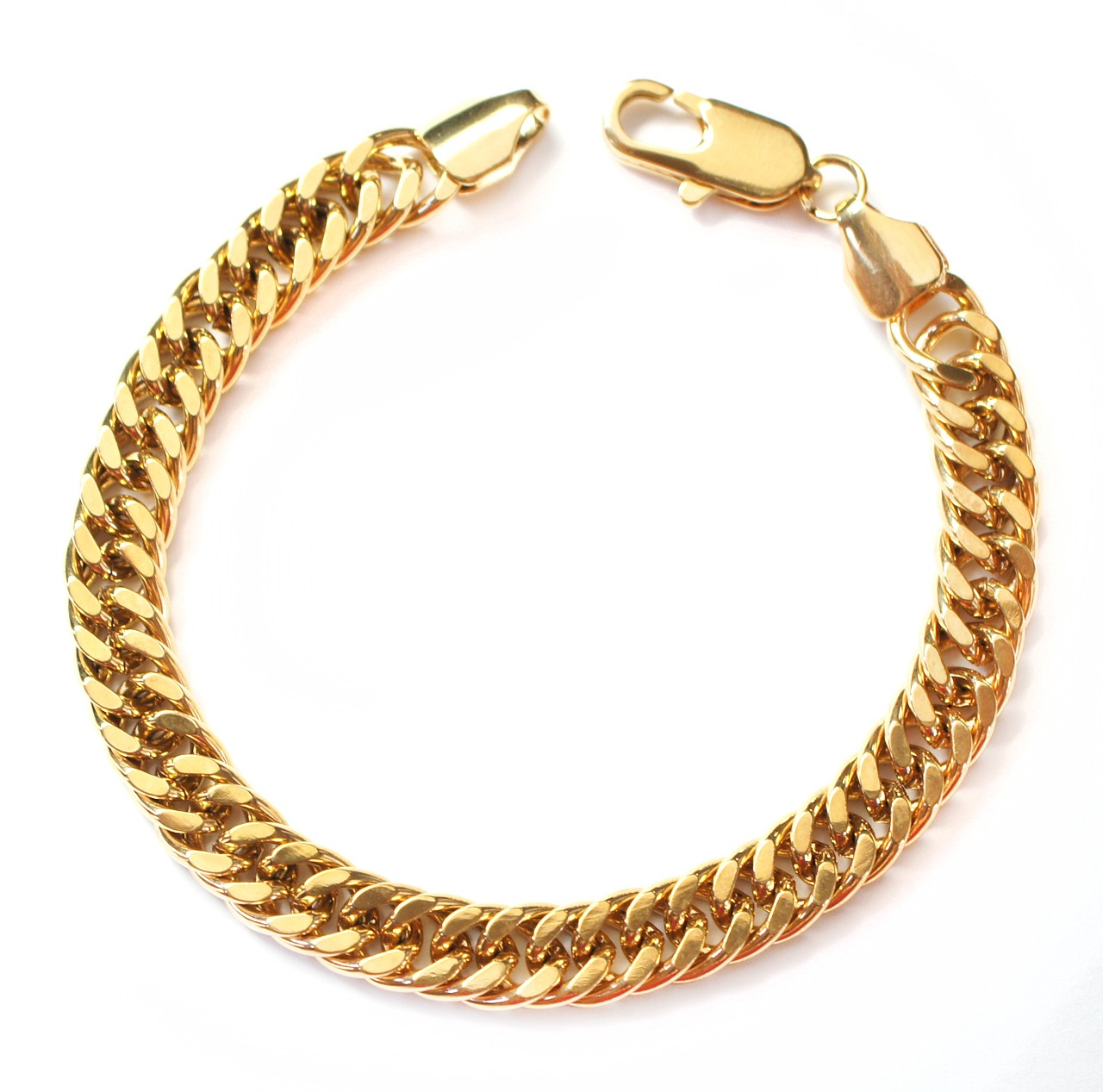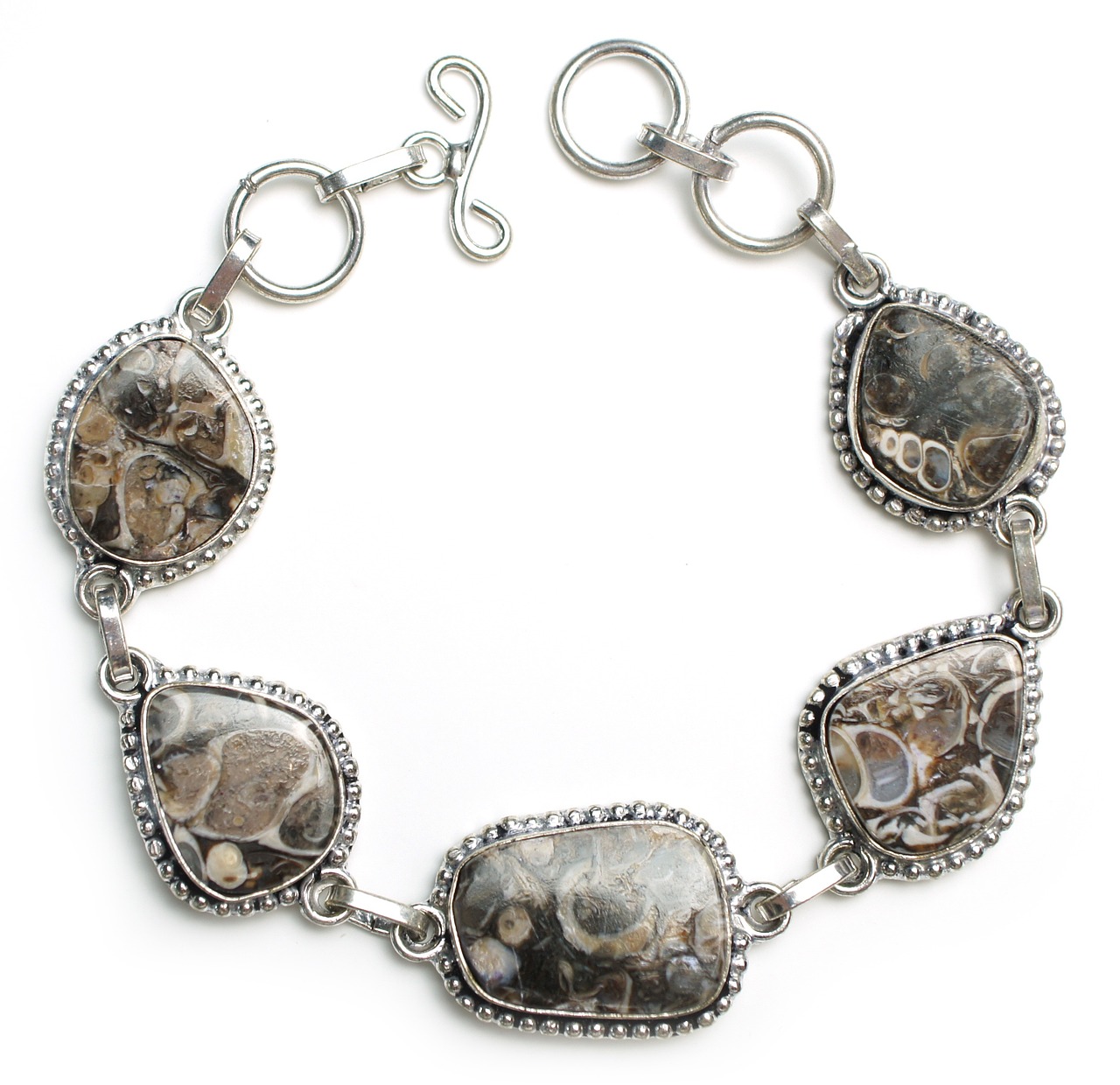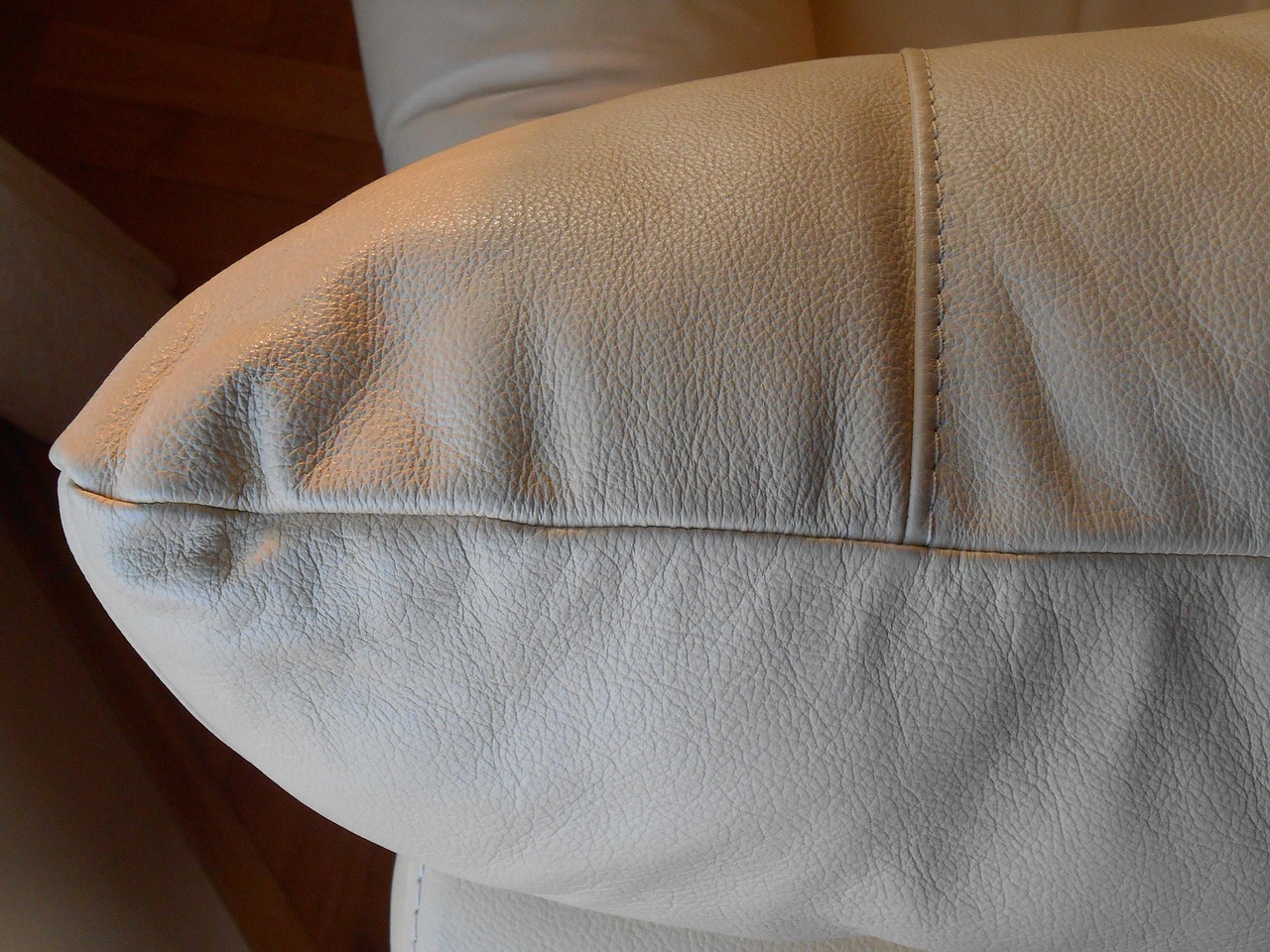Finding a reliable jewelry appraiser is essential for ensuring that your valuable pieces are accurately evaluated. Whether you are looking to insure your jewelry, settle an estate, or simply understand the value of your collection, a trustworthy appraiser can provide the expertise you need. This article outlines crucial tips and guidelines for locating a reputable jewelry appraiser in the United States.
When seeking a jewelry appraiser, it is vital to consider their qualifications. Look for appraisers who hold certifications from respected organizations, such as the American Society of Appraisers (ASA) or the Gemological Institute of America (GIA). These credentials indicate a level of expertise and adherence to industry standards.
Verifying an appraiser’s credentials is a crucial step in your search. You can check for memberships in professional organizations and review their educational background. Many reputable appraisers will also have a portfolio or testimonials from previous clients that can provide insight into their experience and reliability.
Jewelry appraisers typically offer a range of services, including:
- Insurance appraisals
- Estate evaluations
- Resale assessments
Understanding the specific services you require can help narrow your search for the right appraiser.
Finding trustworthy jewelry appraisers can be challenging. Start your search online through directories and review sites. Additionally, consider asking local jewelers or friends for recommendations based on their experiences. Personal referrals can often lead you to reliable professionals.
The cost of jewelry appraisal varies widely depending on the appraiser’s experience and the complexity of the piece. Generally, you can expect to pay anywhere from $50 to $150 per hour. Understanding typical fee structures will help you budget accordingly.
To gauge an appraiser’s expertise and reliability, ask the following questions:
- What is your experience in jewelry appraisal?
- Can you explain your appraisal process?
- How do you determine the value of a piece?
A written appraisal is crucial for documentation and insurance purposes. It provides a formal record of the item’s value, which is essential in cases of loss or theft. Ensure that the appraiser provides you with a detailed written report that includes their findings and methodology.
Be vigilant for potential red flags that could indicate a scam. Look out for:
- Vague descriptions of the jewelry
- Inflated appraisals that seem too good to be true
- Pressure to sell your jewelry immediately
Gemological laboratories play a significant role in providing unbiased assessments and grading reports for gemstones. Understanding their function can enhance the appraisal process and provide additional assurance of the appraiser’s legitimacy.
Building a strong relationship with your appraiser can lead to better communication and trust. Regular check-ins and open discussions about your jewelry can enhance your experience. A good appraiser will appreciate your engagement and be more willing to assist you in the future.

What Qualifications Should a Jewelry Appraiser Have?
When it comes to valuing your precious jewelry, understanding the qualifications of a jewelry appraiser is crucial. A qualified appraiser not only provides an accurate assessment of your items but also ensures that you receive fair market value. Here are the key qualifications you should look for:
- Certifications: Look for appraisers who hold certifications from reputable organizations. The American Society of Appraisers (ASA) and the Gemological Institute of America (GIA) are two of the most recognized institutions in the field. These certifications indicate that the appraiser has undergone rigorous training and adheres to high professional standards.
- Experience: Experience is essential when evaluating jewelry. An appraiser with several years in the industry will have encountered a variety of pieces and will be more adept at determining value based on current market trends.
- Specialization: Jewelry appraisal is a specialized field. Ensure that the appraiser has experience with the specific type of jewelry you need appraised, whether it be antique pieces, modern designs, or gemstones.
- Professional Affiliations: Membership in professional organizations, such as the National Association of Jewelry Appraisers (NAJA), can signify a commitment to ongoing education and adherence to ethical standards.
- Educational Background: A solid educational background in gemology or appraisal is vital. Look for appraisers who have completed courses in gemology, appraisal theory, and valuation methods.
To ensure you are selecting a qualified appraiser, consider asking for a portfolio of their previous work. This can give you insight into their expertise and the types of appraisals they have conducted. Additionally, don’t hesitate to request references from past clients to gauge their satisfaction with the appraiser’s services.
In summary, finding a qualified jewelry appraiser involves checking for certifications, experience, and specialization. By doing your due diligence, you can ensure that your jewelry receives the accurate evaluations it deserves, providing peace of mind whether for insurance, resale, or personal knowledge.
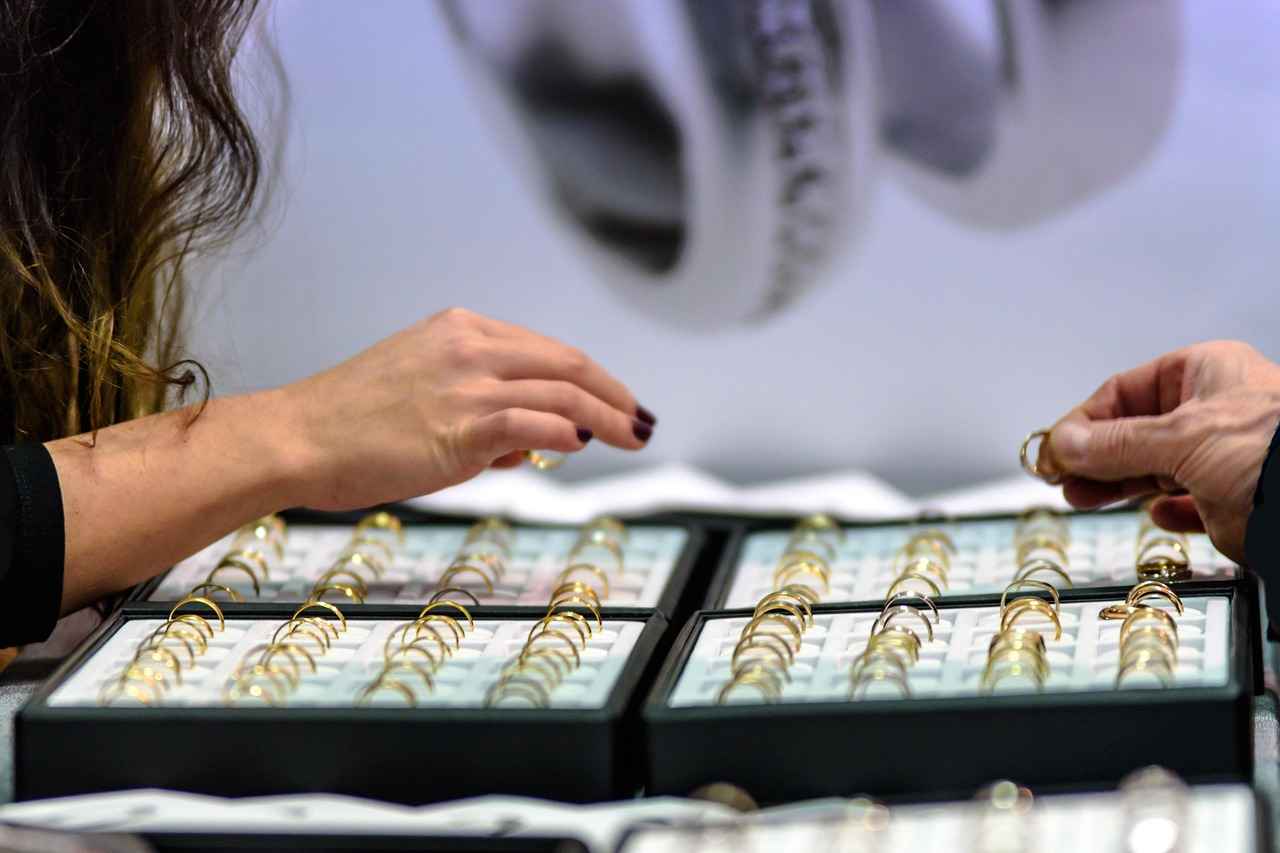
How to Verify an Appraiser’s Credentials?
When it comes to valuing your jewelry, finding a trustworthy appraiser is essential. One of the most critical steps in this process is verifying an appraiser’s credentials. This ensures that you are working with a qualified professional who can provide an accurate appraisal of your valuable pieces.
To begin, it is important to check for certifications from recognized organizations. Appraisers who are members of reputable associations, such as the American Society of Appraisers (ASA) or the Gemological Institute of America (GIA), have undergone rigorous training and adhere to ethical standards. These certifications serve as a testament to their expertise and commitment to professionalism.
Next, consider reviewing the appraiser’s educational background. A strong foundation in gemology or a related field is vital for accurate appraisals. Look for degrees or diplomas from accredited institutions that specialize in gemology or appraisal studies. This educational background not only enhances their knowledge but also equips them with the necessary skills to evaluate various types of jewelry effectively.
Another crucial aspect to investigate is the appraiser’s experience. Ask how long they have been in the business and whether they have specific experience with the type of jewelry you wish to have appraised. For instance, if you have antique jewelry, an appraiser with a background in vintage pieces may provide more accurate evaluations than one who specializes in modern jewelry.
Additionally, client reviews and testimonials can offer valuable insights into an appraiser’s credibility. Look for feedback on their website or third-party review platforms. Positive reviews often indicate a history of satisfied clients, while negative reviews can serve as warning signs. Pay attention to comments regarding their communication style, professionalism, and overall satisfaction with the appraisal process.
Moreover, it is wise to inquire about the appraiser’s methodology. A reputable appraiser should be transparent about their process for determining value. They should be willing to explain how they assess the quality of gemstones, the craftsmanship of the jewelry, and other relevant factors. This transparency not only builds trust but also ensures that you understand how they arrive at the final appraisal value.
Lastly, don’t hesitate to ask for a written appraisal report. A professional appraiser will provide a detailed document outlining their findings, which is essential for insurance purposes or potential resale. This report should include descriptions of the jewelry, photographs, and a clear statement of value, ensuring you have a formal record of your appraisal.
In summary, verifying an appraiser’s credentials involves checking their certifications, educational background, experience, client reviews, and appraisal methodology. By taking these steps, you can ensure that you are working with a qualified professional who can provide an accurate and reliable appraisal for your jewelry.
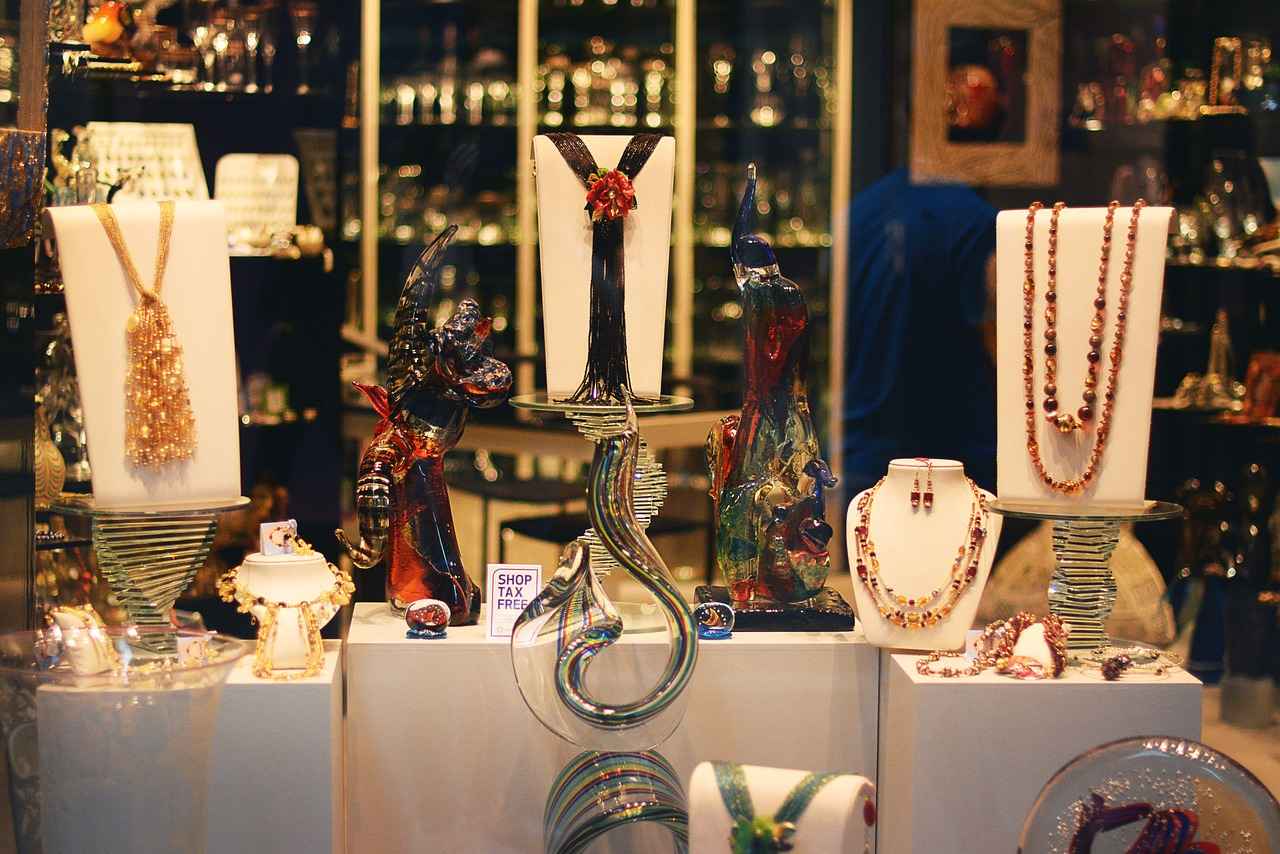
What Services Do Jewelry Appraisers Offer?
When it comes to valuing your precious jewelry, understanding the range of services offered by jewelry appraisers is essential. These professionals play a vital role in ensuring that your valuable items are accurately assessed for various purposes. Below, we explore the key services provided by jewelry appraisers, which can help you determine what you need when seeking their expertise.
One of the most common services offered by jewelry appraisers is insurance appraisals. This service is crucial for obtaining the appropriate coverage for your jewelry. An appraisal provides an official valuation that can be used to secure insurance policies. This ensures that in the event of theft, loss, or damage, you receive adequate compensation to replace or repair your items.
Jewelry appraisers also conduct estate evaluations, which are particularly important during the settlement of estates. When a loved one passes away, their jewelry may need to be valued for inheritance purposes or to settle debts. An appraiser can provide a fair market value for these items, helping heirs understand their worth and make informed decisions regarding the estate.
Another significant service is resale assessments. If you are considering selling your jewelry, knowing its current market value is essential. A jewelry appraiser can evaluate your pieces and provide you with an accurate assessment of what you can expect to receive in the resale market. This information is invaluable for negotiating sales and ensuring you get a fair price.
For those looking to purchase jewelry, pre-purchase appraisals can be incredibly beneficial. These appraisals help buyers verify the authenticity and value of a piece before making a purchase. This service can prevent overpaying for an item and provide peace of mind that the jewelry is worth the asking price.
Custom jewelry pieces, such as those made for special occasions, may require unique appraisals. Appraisers can evaluate these items based on their craftsmanship, materials, and design. This service is essential for establishing a value that reflects the individuality and artistry of custom-made jewelry.
Jewelry appraisers often provide gemstone evaluations as part of their services. This includes assessing the quality and characteristics of gemstones, such as diamonds, sapphires, and emeralds. Understanding the specifics of the gemstones can significantly impact the overall value of the jewelry piece.
Many appraisers also offer consultation services to help clients understand the appraisal process and what to expect. This can include guidance on how to maintain jewelry, tips for insurance coverage, and advice on future appraisals. Building a relationship with your appraiser can lead to better service and insights over time.
In summary, knowing the various services that jewelry appraisers offer can significantly guide your search for the right professional. Whether you need an appraisal for insurance, estate purposes, or resale, understanding these services will help ensure that your valuable pieces receive the accurate evaluations they deserve.
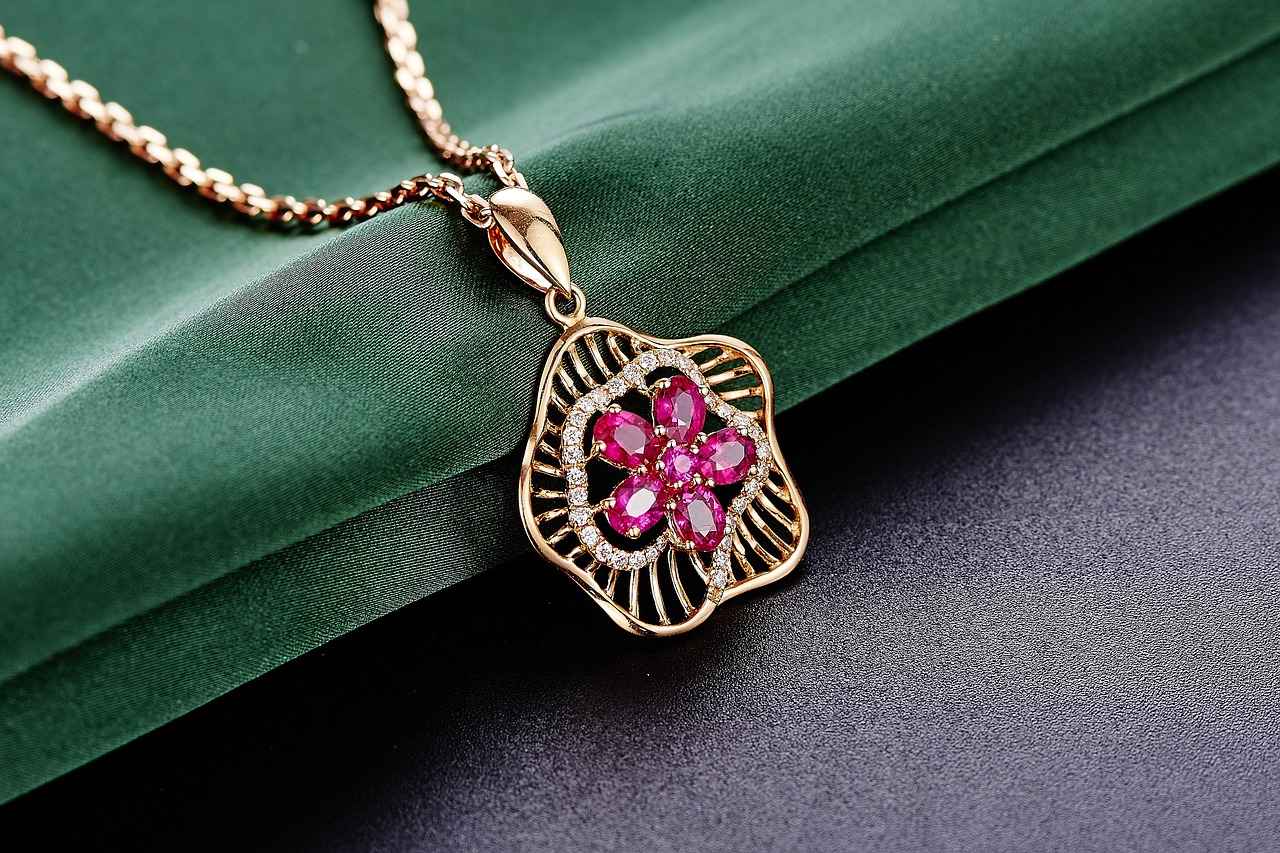
Where to Find Reputable Jewelry Appraisers?
Finding a reputable jewelry appraiser can be a daunting task, especially when you want to ensure that your precious items receive the accurate evaluations they deserve. However, with the right approach and resources, you can navigate through the options available to you. Here are some effective strategies to help you locate a trustworthy jewelry appraiser.
The internet can be a powerful tool in your quest for a reliable jewelry appraiser. Begin by searching for appraisers in your local area through search engines. Look for websites that list appraisers along with their credentials and customer reviews. Websites like the American Society of Appraisers and the Gemological Institute of America provide directories of certified professionals. Pay attention to reviews and ratings, as they can offer valuable insights into the appraiser’s reputation.
Local directories, both online and in print, can be excellent resources for finding jewelry appraisers. Check platforms like Yelp or Google Maps for listings in your area. These platforms often include customer feedback, which can help you gauge the reliability and professionalism of the appraisers. Additionally, local business directories may have listings specifically for jewelry appraisers, making it easier for you to find qualified professionals nearby.
Word-of-mouth referrals can be incredibly helpful in finding a trustworthy appraiser. Reach out to friends, family, or colleagues who have had positive experiences with jewelry appraisers. You can also ask local jewelers for recommendations, as they often work closely with appraisers and can point you to reputable professionals. Personal experiences can provide you with a sense of security and trust, which is essential when dealing with valuable items.
Another effective way to find reputable jewelry appraisers is by attending gem and jewelry shows. These events often feature certified appraisers who are eager to showcase their expertise. Engaging with appraisers in person allows you to ask questions, understand their appraisal process, and assess their knowledge firsthand. Additionally, you can network with other attendees who may have recommendations based on their experiences.
Once you have a list of potential appraisers, it’s essential to verify their credentials. Look for certifications from recognized organizations such as the American Society of Appraisers or the International Society of Appraisers. These certifications indicate that the appraiser has undergone rigorous training and adheres to industry standards. You can also check for any disciplinary actions or complaints against them through relevant professional organizations.
When you narrow down your options, prepare a list of questions to ask potential appraisers. Inquire about their experience, the types of jewelry they specialize in, and their appraisal process. Understanding how they determine value can give you confidence in their abilities. It’s also important to discuss fees upfront to avoid any surprises later on.
Finally, trust your instincts when choosing a jewelry appraiser. If something feels off during your interactions or if you feel pressured to make a decision, it may be best to continue your search. A reputable appraiser should make you feel comfortable and respected throughout the process.
By following these strategies, you can find a reputable jewelry appraiser who will provide you with the accurate evaluations necessary for your valuable pieces. Remember, taking your time to research and verify credentials will pay off in the long run, ensuring that your jewelry is in good hands.

How Much Does Jewelry Appraisal Cost?
When it comes to understanding the cost of jewelry appraisal, several factors come into play that can significantly influence the final price. Appraisal fees can vary widely based on the appraiser’s experience, the complexity of the piece, and the specific services offered. This article aims to provide you with a comprehensive overview of what to expect when budgeting for a jewelry appraisal.
- Appraiser’s Experience: More experienced appraisers often charge higher fees due to their extensive knowledge and expertise in the field.
- Complexity of the Piece: Intricate designs or pieces with multiple gemstones may require more time and expertise to evaluate, leading to higher costs.
- Type of Appraisal: Different types of appraisals, such as insurance, estate, or resale, may have varying fee structures.
Most jewelry appraisers charge either a flat fee or an hourly rate. A flat fee can range from $50 to several hundred dollars, depending on the piece’s complexity. On the other hand, hourly rates can vary from $75 to $300, depending on the appraiser’s qualifications and the region. It is essential to ask for a detailed breakdown of the costs involved before proceeding with the appraisal.
In addition to the basic appraisal fee, there may be additional costs for services such as:
- Photographic Documentation: Some appraisers provide professional photographs of the jewelry, which can incur extra charges.
- Gemstone Certification: If your piece contains valuable gemstones, you might want to have them certified, adding to the overall cost.
- Travel Fees: If the appraiser needs to travel to your location, be prepared for potential travel expenses.
To effectively budget for a jewelry appraisal, it is advisable to:
1. Research multiple appraisers in your area.2. Compare their fees and services offered.3. Ask for recommendations from trusted jewelers or friends.4. Inquire about any additional costs that may arise.
Understanding the costs associated with jewelry appraisal is crucial for budgeting effectively. By considering the factors mentioned above and asking the right questions, you can ensure that your valuable pieces receive the accurate evaluations they deserve without breaking the bank.
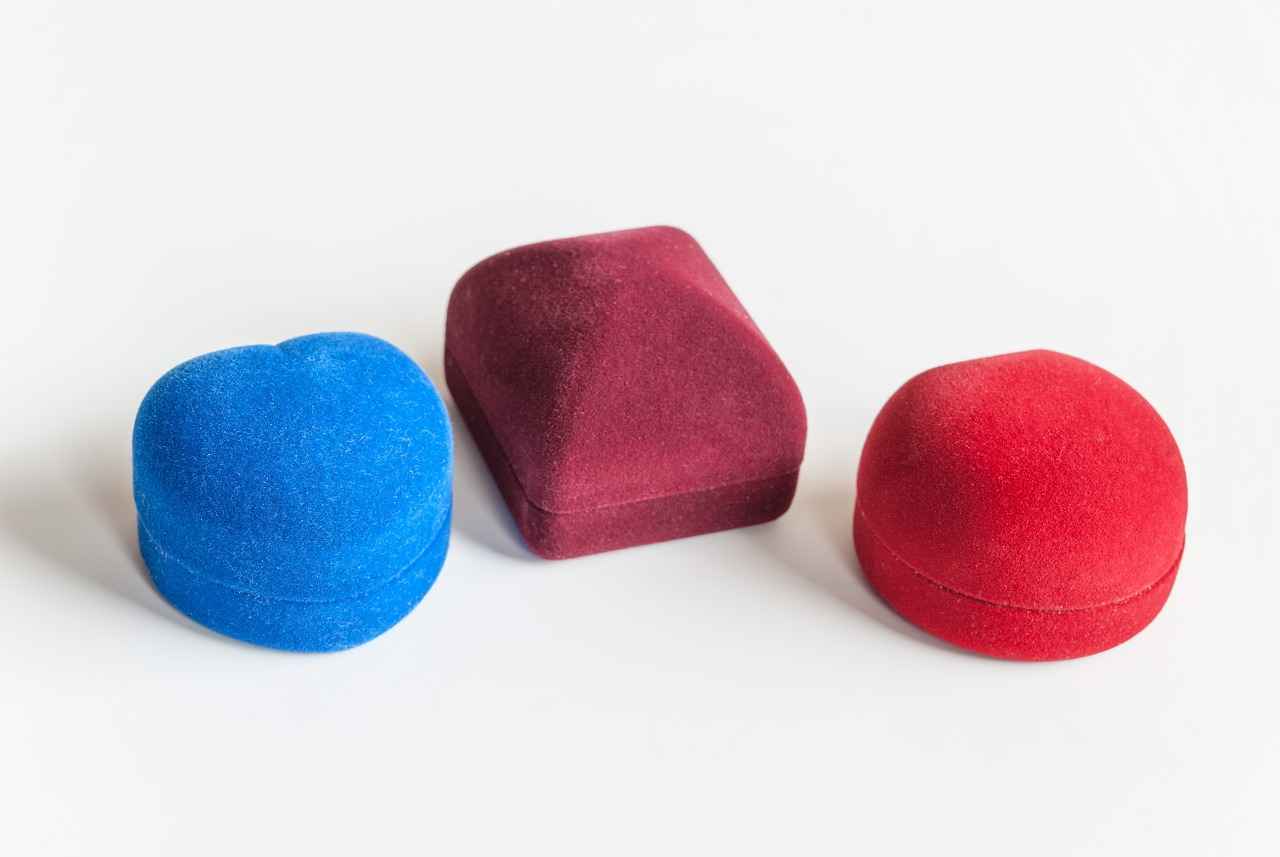
What Questions to Ask Before Hiring an Appraiser?
When it comes to ensuring the value of your jewelry is accurately assessed, asking the right questions before hiring an appraiser is essential. It’s not just about finding someone who can provide a number; it’s about understanding their qualifications, methods, and reliability. Below are key questions you should consider when interviewing potential appraisers.
- What is your experience in jewelry appraisal?
It’s crucial to know how long the appraiser has been in the field. An experienced appraiser will likely have a more refined understanding of market trends and the intricacies involved in evaluating different types of jewelry. - What qualifications do you hold?
Inquire about their certifications and memberships in professional organizations like the American Society of Appraisers or the Gemological Institute of America. These affiliations often indicate a commitment to ethical practices and ongoing education. - Can you explain your appraisal process?
Understanding their methodology will give you insight into how they arrive at a value. A reliable appraiser should be able to clearly articulate their process, including the criteria they consider when determining the worth of your jewelry. - How do you determine the value of a piece?
Ask about the factors they take into account, such as market demand, condition, and the quality of materials. This can help you gauge their expertise and whether they are using a comprehensive approach. - Do you provide a written appraisal?
A written appraisal is vital for insurance purposes and documentation. Ensure the appraiser includes detailed descriptions and photographs of the jewelry along with their valuation. - What are your fees and how are they structured?
Understanding the cost upfront can help you avoid surprises later. Some appraisers charge a flat fee, while others may charge based on the value of the jewelry. Make sure to clarify this before proceeding. - Are you willing to answer follow-up questions?
A good appraiser should be open to communication even after the appraisal is completed. This willingness can indicate their commitment to customer service and transparency.
By asking these critical questions, you can better assess an appraiser’s qualifications and ensure that you are making an informed decision. Remember, the goal is to find someone who not only understands the value of your jewelry but can also provide you with peace of mind regarding their assessment.
Ultimately, a trustworthy appraiser will not only provide accurate valuations but will also foster a relationship built on trust and transparency. This relationship is essential for ensuring that your jewelry is appraised correctly and that you feel confident in the value assigned to your treasured pieces.

Why Is a Written Appraisal Important?
When it comes to protecting your valuable jewelry, understanding the significance of a written appraisal is paramount. A written appraisal is not just a piece of paper; it serves as a formal documentation of your jewelry’s value, which can be crucial for various reasons.
One of the primary reasons to obtain a written appraisal is for insurance coverage. Insurance companies often require a formal appraisal before they will insure high-value items. This document provides a clear and accurate value that can help in the event of loss, theft, or damage. Without it, you may face difficulties in claiming the full value of your jewelry. A well-documented appraisal can expedite the claims process and ensure you are compensated fairly.
In addition to insurance needs, a written appraisal is essential for resale purposes. Should you decide to sell your jewelry, having an appraisal can help you set a reasonable asking price. It provides potential buyers with confidence in the value of the piece, making them more likely to complete the purchase. A detailed appraisal outlines the characteristics of the jewelry, including materials, craftsmanship, and market value, which can justify the asking price.
A written appraisal also plays a critical role in legal matters, such as estate planning. When passing jewelry down to heirs or including it in a will, having a documented appraisal can help clarify the value of the items involved. This can prevent disputes among family members and ensure a fair distribution of assets. Additionally, in cases of divorce or separation, an accurate appraisal can help determine the value of shared assets.
For those considering making charitable donations of jewelry, a written appraisal is often necessary for tax deductions. The IRS requires a formal appraisal for items valued over a certain amount to substantiate your claims. This not only helps in the tax filing process but also ensures that you receive the appropriate credit for your donation.
To ensure that you receive a reliable written appraisal, it is crucial to choose a qualified appraiser. Look for professionals who are certified by recognized organizations, such as the American Society of Appraisers or the Gemological Institute of America. A qualified appraiser will provide a comprehensive evaluation that reflects the true market value of your jewelry.
In summary, a written appraisal is an essential document for various reasons, including insurance coverage, resale value, legal considerations, and tax implications. By investing in a professional appraisal, you are not only protecting your valuable jewelry but also ensuring that you have the necessary documentation for any future needs. Always consult with a qualified appraiser to obtain a comprehensive and accurate assessment of your jewelry’s worth.
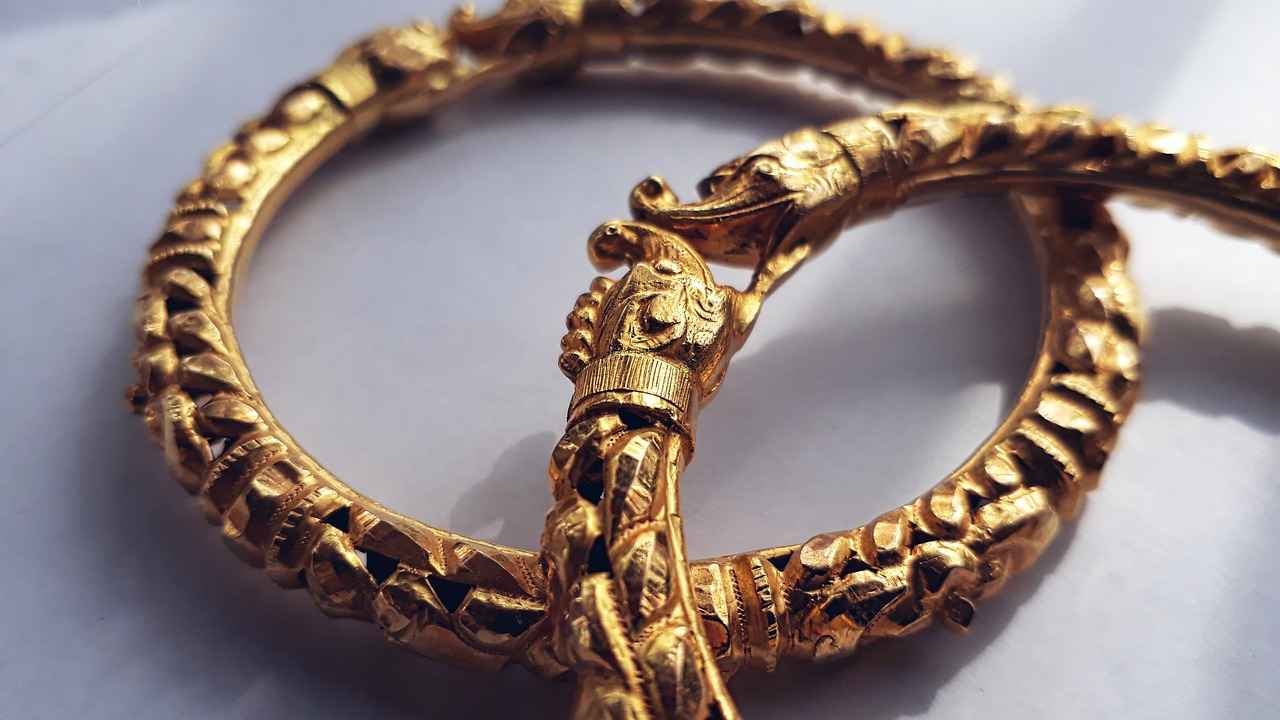
How to Spot Red Flags in Appraisals?
When it comes to jewelry appraisals, understanding how to spot red flags is crucial for protecting yourself from potential scams. A jewelry appraisal is more than just a valuation; it is a critical document that can affect your finances and insurance coverage. Therefore, being vigilant during the appraisal process can save you from making costly mistakes.
- Vague Descriptions: If the appraiser provides descriptions that are overly vague or lack detail, it may indicate a lack of thoroughness. A reputable appraiser should be able to provide specific information about the piece, including its materials, age, and any relevant history.
- Inflated Values: Be cautious of appraisals that seem excessively high compared to market standards. An appraiser who inflates values may be attempting to manipulate you into purchasing insurance or selling the item at an unrealistic price.
- Pressure to Sell: If an appraiser is pressuring you to sell your jewelry or suggesting that you act quickly, it’s a significant red flag. Trustworthy appraisers will provide you with the information you need and allow you to make decisions at your own pace.
Being cautious during the appraisal process can protect you from financial loss and emotional distress. Scams can lead to overpaying for insurance or, worse, losing valuable pieces without proper documentation. Therefore, it is essential to ask the right questions and trust your instincts.
To ensure you are working with a legitimate appraiser, consider the following steps:
- Check Credentials: Look for certifications from recognized organizations such as the American Society of Appraisers (ASA) or the Gemological Institute of America (GIA).
- Read Reviews: Online reviews and testimonials can provide insights into the appraiser’s reputation and reliability.
- Ask for References: Don’t hesitate to ask the appraiser for references from past clients. A reputable professional should have no problem providing this information.
Asking the right questions can help you gauge the appraiser’s qualifications and approach. Here are some essential questions to consider:
- What is your experience in appraising jewelry?
- Can you explain your appraisal process?
- How do you determine the value of my piece?
By asking these questions, you can better understand the appraiser’s methodology and ensure that they are not engaging in dubious practices.
A written appraisal should include detailed information about the jewelry piece, such as:
- A clear description of the item
- The appraised value
- Photographic evidence
- The appraiser’s qualifications and signature
Having a comprehensive written appraisal is essential for documentation and insurance claims, and it serves as a formal record of your jewelry’s value.
In conclusion, recognizing red flags in appraisals is vital for ensuring you receive a fair and accurate assessment of your valuable jewelry. By staying informed, asking the right questions, and verifying credentials, you can protect yourself from potential scams and make informed decisions about your jewelry.
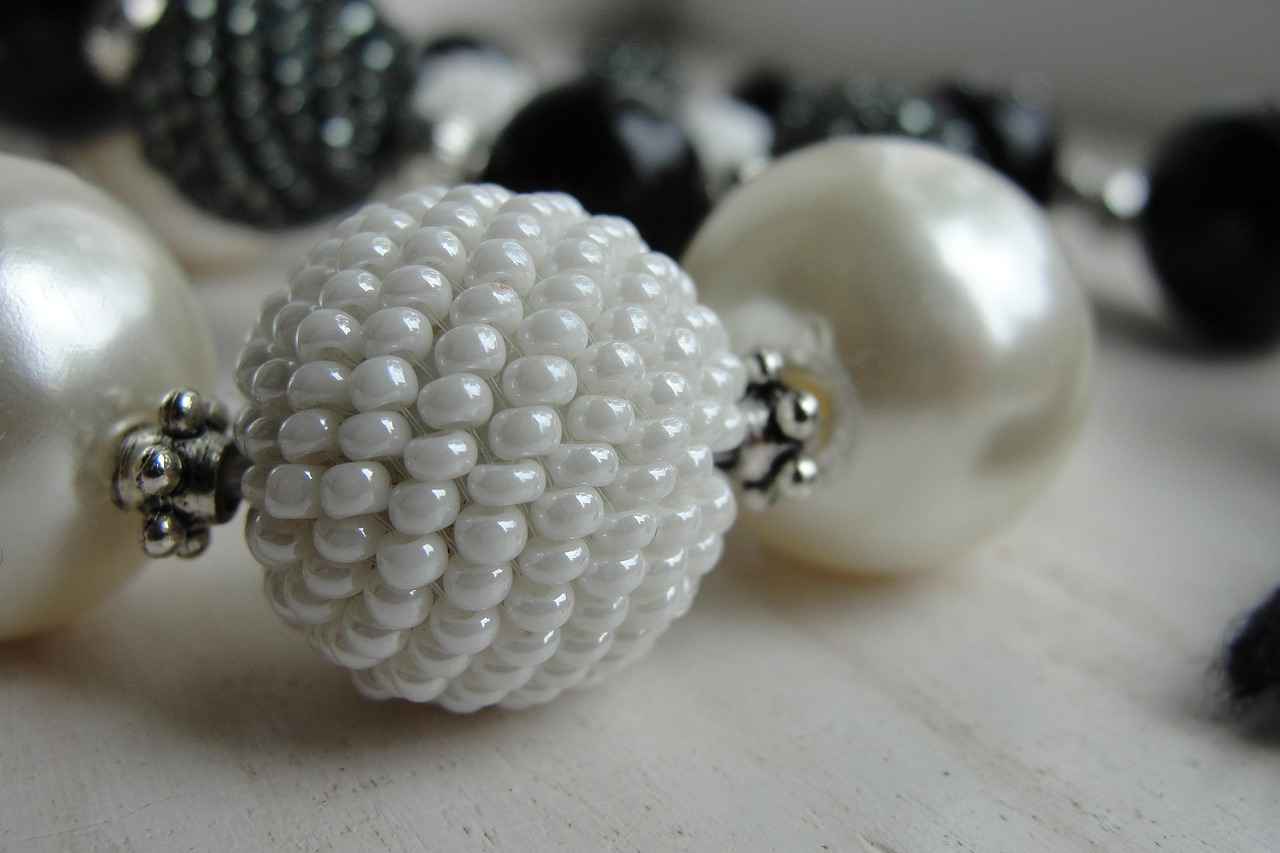
What Is the Role of Gemological Laboratories?
Understanding the role of gemological laboratories is essential for anyone involved in the jewelry industry or looking to appraise their valuable pieces. These institutions are pivotal in the appraisal process, providing unbiased assessments and detailed grading reports that enhance the overall value and trustworthiness of jewelry evaluations.
Gemological laboratories offer a variety of services that are crucial for the accurate appraisal of jewelry. These services include:
- Grading Reports: Detailed documents that assess the quality and characteristics of gemstones, including cut, color, clarity, and carat weight.
- Identification Services: Expertise in identifying the type of gemstone and verifying its authenticity, which is vital for appraisals.
- Certification: Providing certificates that confirm the quality and authenticity of gemstones, which can significantly influence their market value.
Gemological laboratories play a crucial role in ensuring that appraisals are based on factual and objective data. By relying on these laboratories, appraisers can avoid potential biases and conflicts of interest that may arise from personal opinions or emotional attachments. This objectivity is vital for:
- Insurance Purposes: A well-documented grading report is essential for obtaining accurate insurance coverage for valuable pieces.
- Resale Value: Accurate assessments from reputable laboratories can help in determining a fair market price when selling jewelry.
- Consumer Confidence: Buyers are more likely to invest in pieces that come with verified documentation from recognized gemological institutions.
Gemological laboratories utilize advanced technology and expert gemologists to conduct their assessments. The process typically involves:
1. Examination: Each gemstone undergoes a thorough examination using specialized tools.2. Analysis: Gemologists analyze the characteristics of the gemstone.3. Reporting: A detailed report is generated, documenting the findings and providing a grading scale.
When selecting a gemological laboratory, consider the following factors:
- Accreditation: Ensure the laboratory is accredited by reputable organizations, such as the Gemological Institute of America (GIA) or the American Gem Society (AGS).
- Reputation: Look for reviews and testimonials from previous clients to gauge the laboratory’s credibility.
- Expertise: Check the qualifications and experience of the gemologists working at the laboratory.
By integrating the findings of gemological laboratories into the appraisal process, appraisers can provide clients with more accurate and reliable evaluations. This collaboration not only strengthens the appraisal’s legitimacy but also enhances the client’s trust in the appraisal process. Furthermore, it ensures that clients receive the best possible advice regarding their jewelry investments.

How to Maintain a Good Relationship with Your Appraiser?
Maintaining a solid relationship with your jewelry appraiser is essential for ensuring that your valuable pieces are accurately evaluated and well cared for. A strong rapport can lead to better communication and increased trust, which are crucial elements in the appraisal process. Here are some strategies to foster a productive and positive relationship with your appraiser.
Establishing a routine for regular check-ins can significantly enhance your relationship with your appraiser. Whether it’s a phone call, email, or in-person visit, keeping in touch allows you to discuss any changes in your jewelry collection, ask questions, or seek advice. This ongoing dialogue not only helps you stay informed but also enables your appraiser to provide tailored services that meet your specific needs.
Engaging in open discussions about your jewelry can create a more collaborative environment. Be transparent about your expectations and any concerns you may have regarding the appraisal process. This openness fosters trust and ensures that your appraiser understands your perspective. It also allows them to offer insights and recommendations that align with your goals, whether you are looking for insurance coverage, resale value, or estate planning.
Your appraiser is a valuable resource for expert advice on jewelry care, market trends, and valuation techniques. Don’t hesitate to ask for their opinion on maintenance practices or updates on the market value of your pieces. This not only shows that you value their expertise but also helps you make informed decisions about your jewelry collection.
If you have had a positive experience or if there are areas for improvement, providing constructive feedback can strengthen your relationship. Let your appraiser know what you appreciated about their service and where you think improvements could be made. This feedback loop encourages mutual respect and understanding.
Recognizing and respecting your appraiser’s expertise is crucial. Understand that they have undergone extensive training and possess specialized knowledge that can greatly benefit you. By valuing their insights and recommendations, you create a foundation of respect that can enhance your working relationship.
Keeping a record of your interactions, including appraisals, communications, and any agreements made, can be beneficial. This documentation serves as a reference for both you and your appraiser, ensuring clarity and accountability in your relationship.
Staying informed about the latest trends in the jewelry industry can also help you maintain a good relationship with your appraiser. Share articles or news that interest you and ask for their insights. This engagement shows that you are invested in the appraisal process and value their perspective.
Building and maintaining a strong relationship with your jewelry appraiser is not just about transactional interactions; it’s about creating a partnership built on trust, communication, and mutual respect. By following these strategies, you can enhance your experience and ensure that your jewelry receives the attention and care it deserves.
Frequently Asked Questions
- What qualifications should I look for in a jewelry appraiser?
When searching for a jewelry appraiser, it’s essential to look for qualifications such as certifications from reputable organizations like the American Society of Appraisers or the Gemological Institute of America. These credentials ensure that the appraiser has undergone rigorous training and adheres to industry standards.
- How can I verify an appraiser’s credentials?
To verify an appraiser’s credentials, you can check for their memberships in professional organizations and review their educational background. This step is crucial to ensure that you’re working with someone who has the necessary expertise and experience.
- What services do jewelry appraisers typically offer?
Jewelry appraisers provide a range of services, including insurance appraisals, estate evaluations, and resale assessments. Knowing what specific services you need will help you find the right appraiser for your situation.
- How much should I expect to pay for a jewelry appraisal?
The cost of a jewelry appraisal can vary widely based on the appraiser’s experience and the complexity of the piece. It’s a good idea to understand typical fee structures to help you budget accordingly.
- Why is a written appraisal important?
A written appraisal is vital for documentation and insurance purposes. It serves as a formal record of your item’s value, which is crucial in the event of loss or theft.
